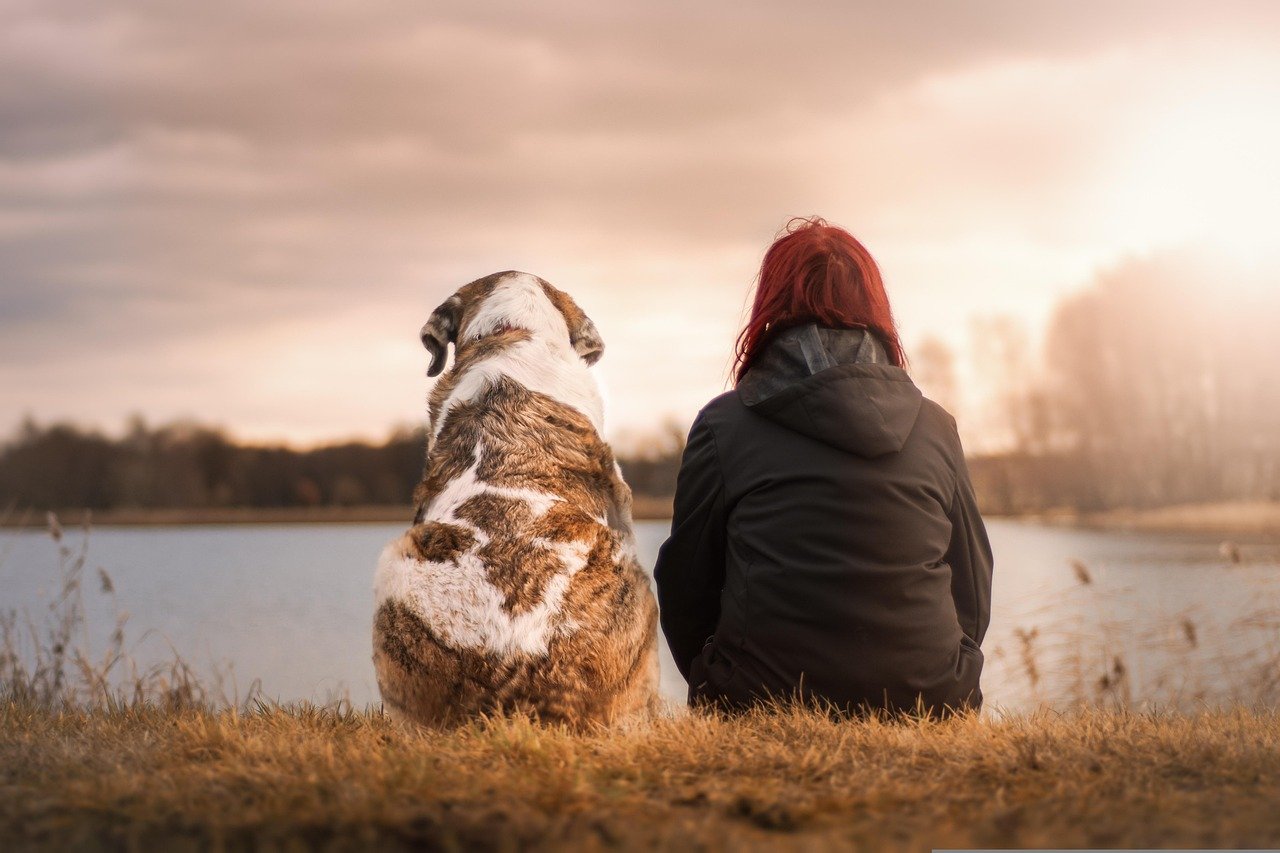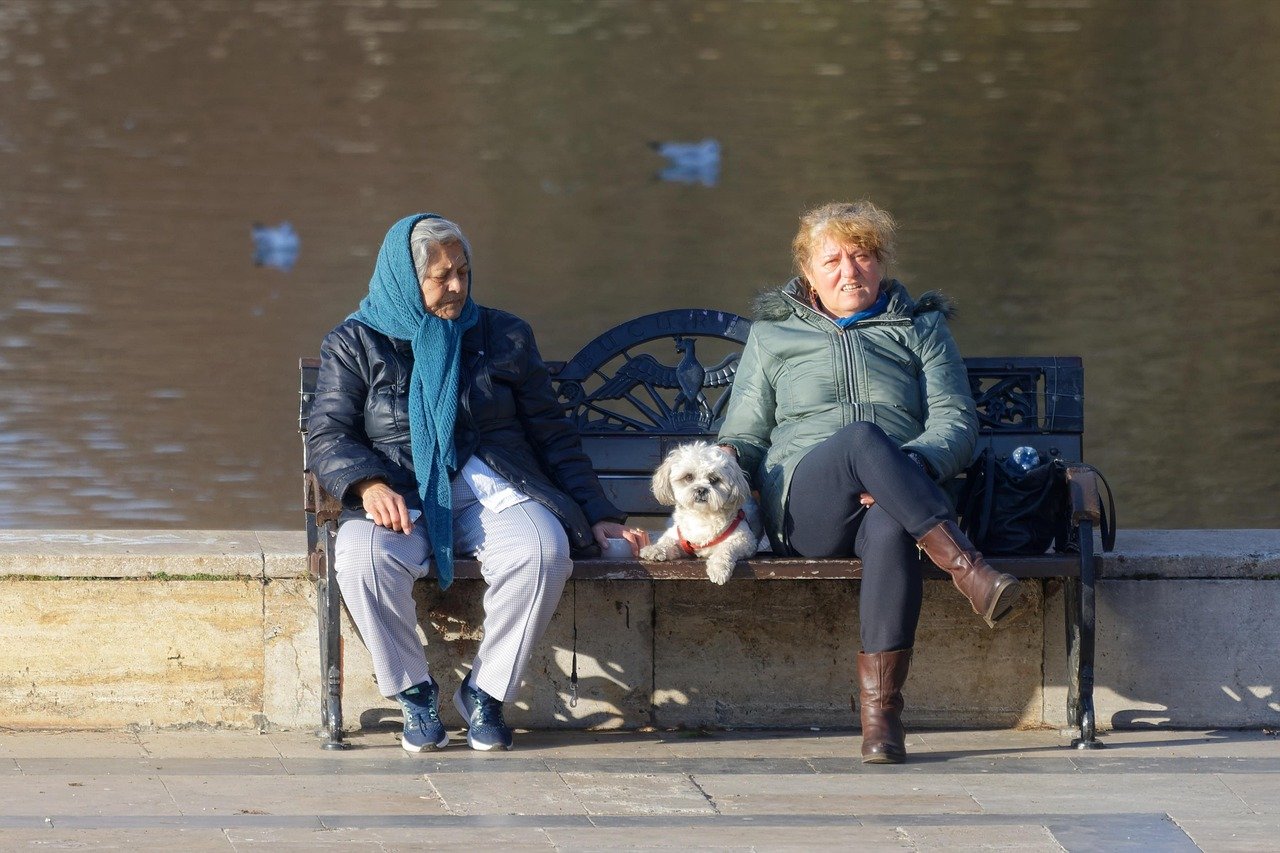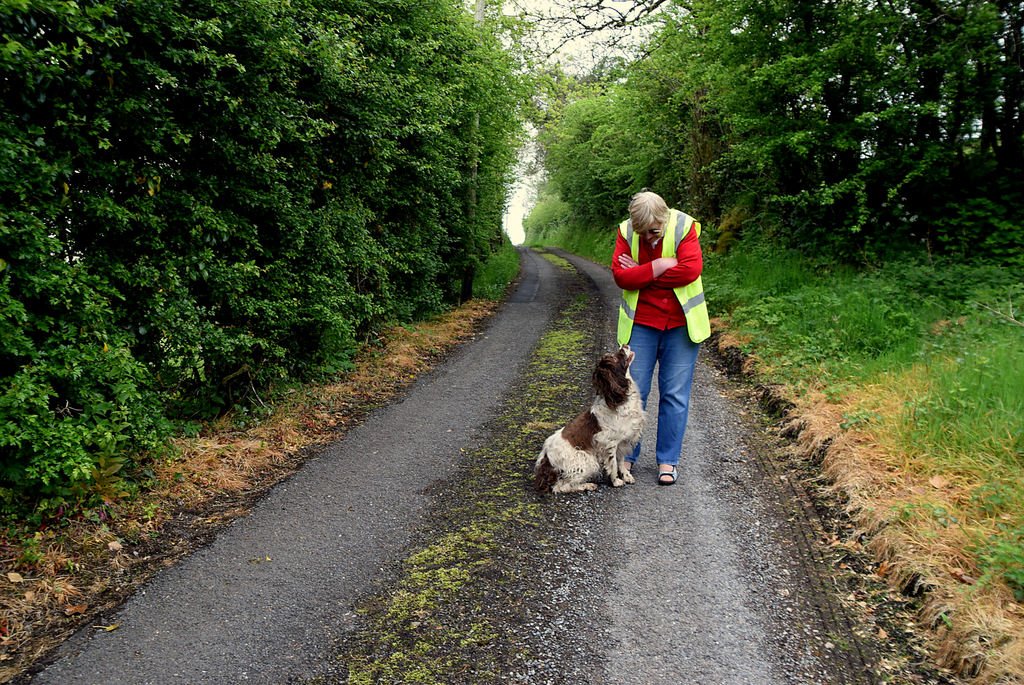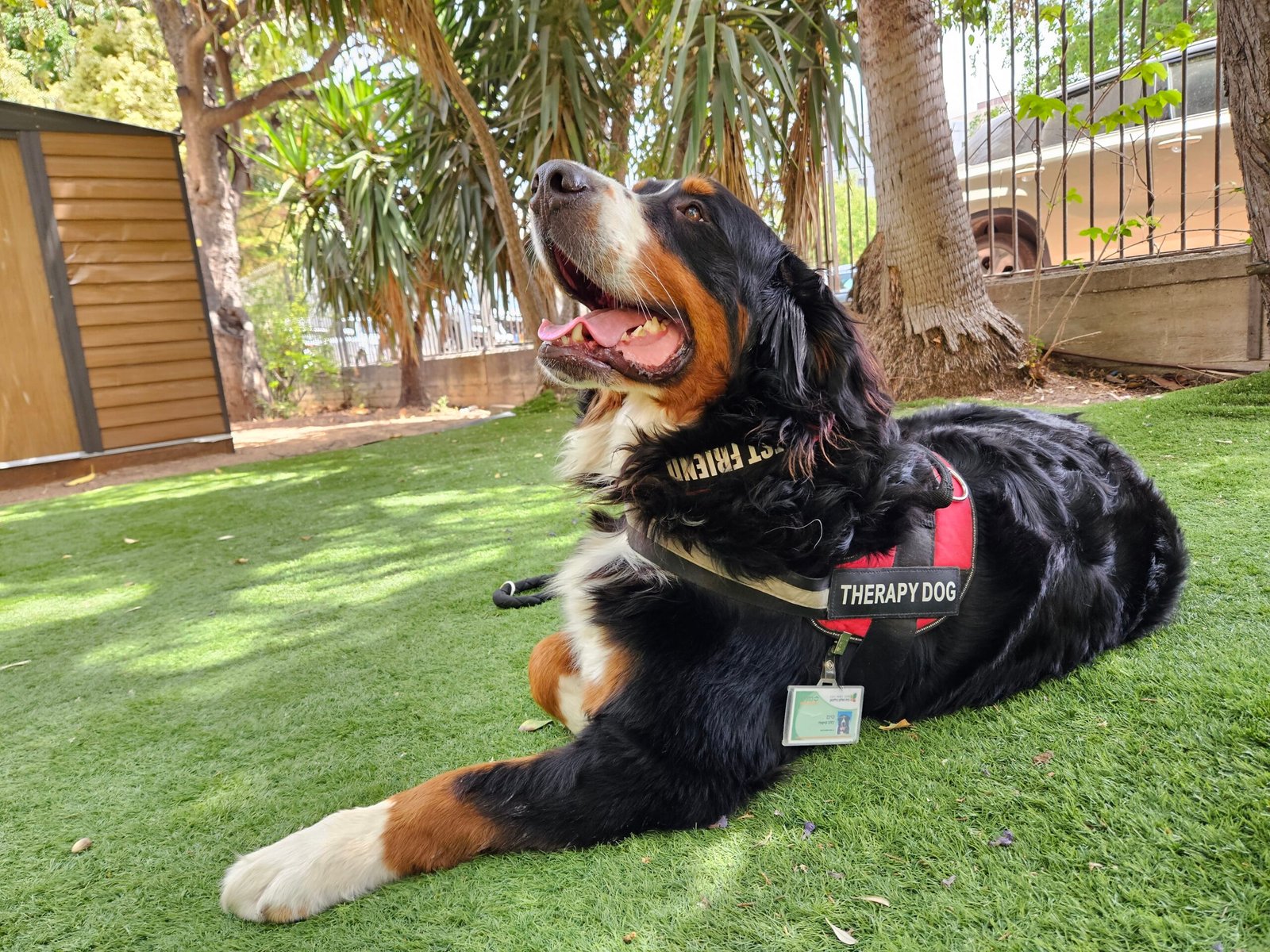Have you ever noticed the sparkle in a senior’s eye when a tail-wagging dog comes bounding over, eager for a scratch behind the ears? There’s something magical about the bond between older adults and their canine companions. It’s not just about cute moments or companionship—there’s real science and heartwarming stories behind why dogs and seniors make such an unbeatable team. Let’s dig into why this pairing is so much more than you might think—it’s a recipe for joy, purpose, and even a little extra health.
Companionship That Fills the Silence

For many seniors, loneliness can creep in quietly, especially after children move out or a partner passes away. A dog brings a comforting presence, always there with a wag or a warm snuggle. The simple act of having a living, breathing creature in the home fills empty rooms and long afternoons with laughter and purpose. Dogs are fantastic listeners, never judging or interrupting. For seniors, that means having someone around who’s always happy to hear about the past or listen to dreams for the future. A dog’s unconditional love can fill the silence with a gentle, constant reassurance, reminding seniors they’re never truly alone.
Boosting Physical Health—One Walk at a Time
It’s easy to underestimate how much a daily walk can change a person’s life. For seniors, dogs are the best kind of motivators. Even on days when energy is low, a wagging tail by the door is a gentle nudge to lace up those sneakers and step outside. Regular walks help maintain mobility, strengthen the heart, and even keep joints limber. Plus, being outside in the fresh air gives seniors a chance to soak up some sunshine, which boosts mood and vitamin D. A dog’s need for exercise becomes the perfect excuse for seniors to keep moving, turning “should I go out?” into a happy, daily habit.
Mental Health: Lifting Spirits and Calming Minds
The mental health benefits of having a dog are downright impressive. Studies have shown that simply petting a dog can lower stress hormones and reduce blood pressure. For seniors, this soothing effect is priceless. Dogs offer distraction from worries and help ease feelings of depression or anxiety. Their playful antics—like chasing a ball or flopping over for a belly rub—draw laughter and smiles, even on tough days. A dog’s steady companionship can anchor seniors during uncertain times, giving them a sense of stability and peace that’s hard to find elsewhere.
Building a Daily Routine and Sense of Purpose

Life can feel aimless after retirement, but dogs thrive on routine—and they pull their owners into one, too. Feeding, walking, grooming, and playtime give structure to the day. For seniors, this means having clear reasons to get up, move, and stay engaged. Tasks as simple as brushing a fluffy coat or preparing a favorite treat become meaningful rituals. The responsibility of caring for another living being fosters a sense of purpose. In many ways, dogs remind seniors that they’re needed and valued, which is a powerful antidote to feelings of uselessness or boredom.
Social Connection: Opening Doors to New Friendships

Dogs are natural icebreakers. A stroll through the neighborhood with a friendly pup often sparks conversations with strangers who might otherwise pass by. For seniors, this means more opportunities to forge new friendships or reconnect with neighbors. Dog parks, training classes, and community events centered around pets can transform social lives, helping seniors expand their circles. Even simple chats about dog breeds or favorite toys can turn into real connections. Dogs create a bridge between people, making it easier for seniors to avoid isolation and stay woven into the fabric of their communities.
Therapeutic Benefits: More Than Just a Warm Furry Face

Beyond their companionship, dogs can provide therapeutic benefits for seniors facing physical or cognitive challenges. Service dogs are trained to assist with mobility, retrieve objects, or even alert owners to health issues like low blood sugar. Therapy dogs visit nursing homes and hospitals, spreading comfort with their calm, gentle presence. For seniors with memory loss, interacting with a dog can spark precious memories and encourage communication. Dogs are sensitive to human emotions, often offering comfort during moments of sadness or confusion. Their ability to heal and help goes far beyond what most people expect.
Choosing the Right Dog: Breeds and Temperaments That Fit
Not every dog is the right fit for every senior, and that’s perfectly okay. It’s important to consider energy levels, size, and temperament. Smaller breeds like Cavalier King Charles Spaniels, Pugs, or Shih Tzus are often well-suited for seniors because they’re affectionate and require less strenuous exercise. Older dogs, who are calmer and already trained, can be ideal companions. Matching a senior’s lifestyle with the right pup ensures both thrive. Animal shelters and rescue organizations can help make these perfect pairings, turning adoption into a joyful new beginning for both human and dog.
Stories That Inspire: Real-Life Bonds Between Seniors and Dogs
The world is full of touching stories about seniors and their dogs. There’s the 80-year-old grandmother who credits her energetic beagle with keeping her young at heart, or the retired teacher whose golden retriever helped him reconnect with old friends at the park. These stories aren’t rare—they’re happening everywhere, every day. Many seniors say their dogs give them a reason to smile, laugh, and even dance in the living room. For some, adopting a senior dog creates an especially deep bond, as both face the world with wisdom and grace. These relationships inspire others to open their hearts, proving that age is never a barrier to love, adventure, or a little mischief.
binance
Tuesday 27th of January 2026
I don't think the title of your article matches the content lol. Just kidding, mainly because I had some doubts after reading the article. https://accounts.binance.com/register-person?ref=IXBIAFVY
Binance Referral Bonus
Thursday 8th of January 2026
Your article helped me a lot, is there any more related content? Thanks! https://accounts.binance.com/hu/register?ref=IQY5TET4
skapa ett binance-konto
Tuesday 16th of December 2025
Thank you for your sharing. I am worried that I lack creative ideas. It is your article that makes me full of hope. Thank you. But, I have a question, can you help me?
Create Personal Account
Saturday 13th of December 2025
Thank you for your sharing. I am worried that I lack creative ideas. It is your article that makes me full of hope. Thank you. But, I have a question, can you help me? https://www.binance.com/register?ref=IHJUI7TF
binance帳戶
Thursday 11th of December 2025
Your article helped me a lot, is there any more related content? Thanks!